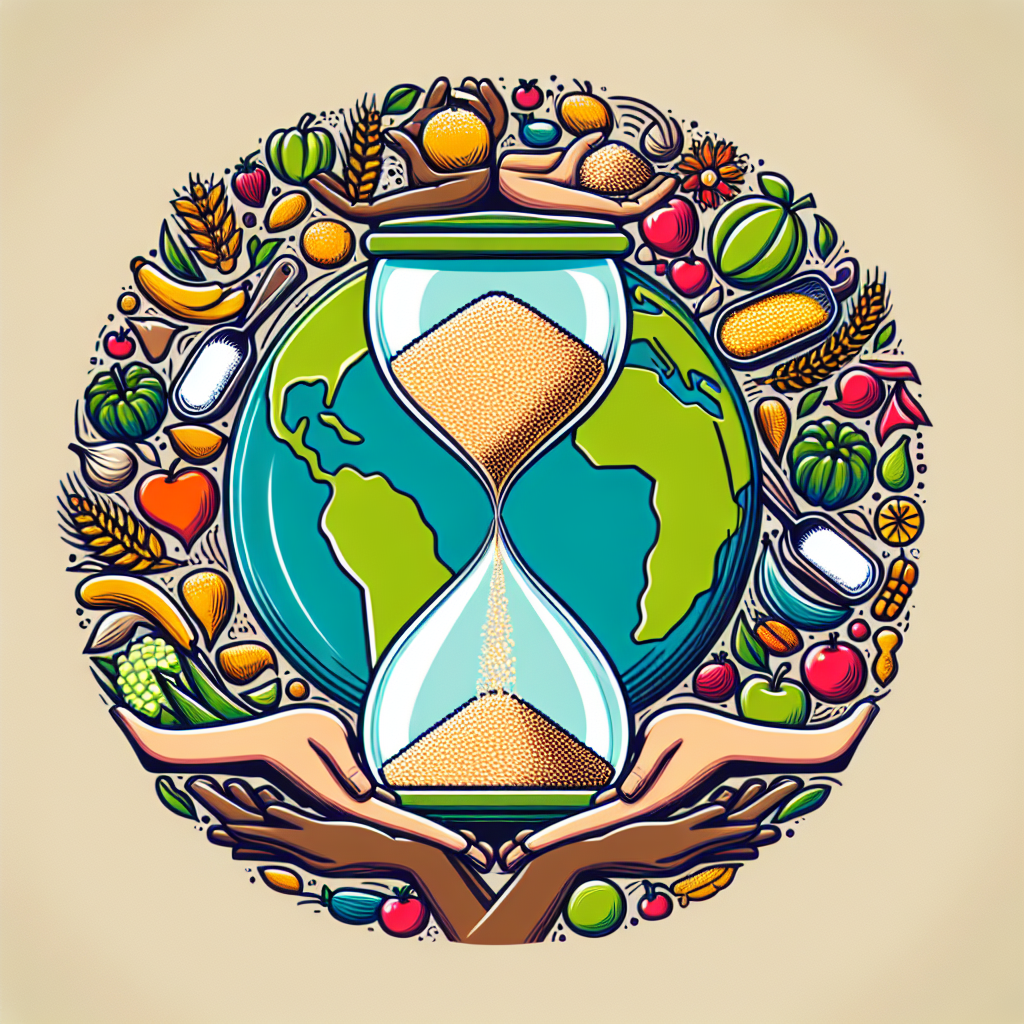UN's World Food Programme Appeals for Aid to Alleviate Sudan Hunger Crisis
The World Food Programme (WFP) is urging for increased access and funding to assist over 25 million Sudanese facing acute hunger. The crisis has worsened due to internal conflict and natural disasters, significantly hampering aid delivery. WFP is innovating with technology to improve its response amid donor fatigue.

- Country:
- Italy
The World Food Programme (WFP) requires enhanced access to at-risk populations in Sudan and additional funding from a crisis-fatigued West to aid over 25 million facing acute hunger, the agency's director stated on Thursday.
"Sudan's almost a forgotten crisis right now," Cindy McCain, WFP director, told The Associated Press. "With so many crises, people kind of just, you know, their eyes glaze over," she added.
Sudan descended into conflict in April 2023, escalating from Khartoum to Darfur and other regions, displacing around 10 million people internally and causing a severe humanitarian crisis. Tens of thousands have died in recent clashes.
Even with designated entry points for aid, the rainy season has made access challenging, particularly to the Zamzam camp, which houses over 400,000 displaced individuals and crossed famine thresholds in February.
"It takes nearly two weeks for our trucks to get in there," McCain explained, "Bridges are washed out. Roads are inaccessible, creating a combination of tragic situations." She emphasized the urgency of scaling the efforts to convey the critical need and potential consequences of inaction.
Funding is a significant issue as donor fatigue has set in post-pandemic. WFP is striving to compensate by developing new technologies to forecast weather and provide food in emergencies effectively.
"We have to do more with less, become more efficient and effective, and predict the effects of climate change," McCain concluded.
(With inputs from agencies.)










